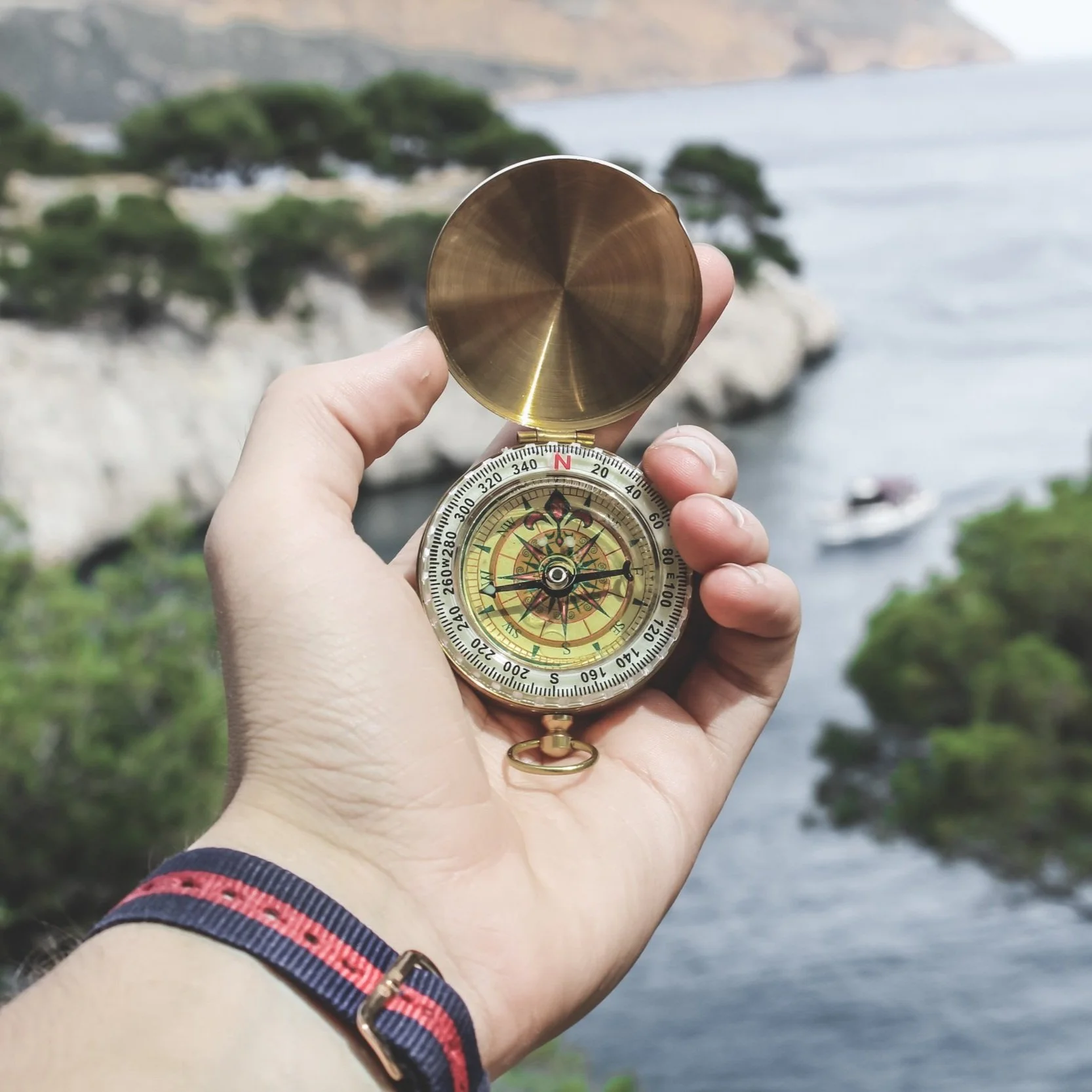In today's world, it's not uncommon to feel overwhelmed, stressed, or anxious at times. Whether it's personal or professional challenges, societal pressures, or unforeseen events, life can throw us unexpected curveballs that can be difficult to navigate on our own.
While self-help books and resources can be valuable, there are times when seeking the guidance of a trained professional can provide the support and tools we need to cope with life's challenges.
In this article, we will explore the differences between self-help and therapy, when it's appropriate to seek therapy, and how therapy can provide us with the tools we need to take care of our mental health and live more fulfilling lives.
The best self help tools
There are many things that we can do to support our mental health without the help of a professional.
Some examples of self-care activities that can support our mental health include:
Engaging in regular physical activity. Exercise can help improve mood and reduce stress, and can be an effective way to support mental health.
Eating a healthy and balanced diet. A nutritious diet can provide the body and mind with the nutrients they need to function properly, and can support good mental health.
Getting enough sleep. Sleep is essential for physical and mental health, and can help improve mood and cognitive function.
Practicing relaxation techniques. Techniques such as deep breathing, meditation, and yoga can help reduce stress and improve well-being.
Connecting with others. Social support is important for mental health, and connecting with friends, family, or support groups can provide a sense of connection and belonging.
Engaging in activities that bring joy & fulfilment. Hobbies, interests, and activities that bring joy and fulfilment can help improve mood and provide a sense of meaning and purpose.
Of course, if you are experiencing severe or persistent mental health problems, it is important to seek help from a mental health professional.
But for milder symptoms or concerns, self-care activities can be an effective way to support good mental health.
Self help book recommendations
In our review of common mental health problems section (link to the page is here) on the My Therapist Online website, we include some self help book recommendations for each problem area.
When should I seek professional help?
It can be difficult to know when to seek professional help for mental health problems, as the symptoms and experiences of mental illness can vary greatly from person to person. However, there are some general signs and symptoms that may indicate that it is time to seek professional help, these include:
Persistent feelings of sadness, anxiety, or emptiness
Frequent mood swings or changes in mood
Changes in sleep or appetite
Difficulty concentrating or making decisions
Withdrawal from friends, family, or activities that were previously enjoyable
Thoughts of self-harm or suicide
If you are experiencing any of the above symptoms, it may be a good idea to speak with an experienced and well qualified mental health professional. They can provide a thorough evaluation and recommend appropriate treatment options.
Self help books versus individual professional help
While self-help books can be a valuable resource for personal growth and development, therapy offers unique benefits that cannot be found in self-help books.
A therapist can provide individualised support and guidance based on your specific needs, values and goals. We are complex humans with complex and unique problems, influenced by even more complex circumstances and experiences. A highly trained and experienced therapists will draw on evidence-based and proven interventions, which will be interweaves into a treatment plan that is bespokely designed for you and your unique circumstances.
In therapy, we have the opportunity to explore our thoughts, feelings, and behaviours in a safe and non-judgmental space, and to receive feedback and support from a compassionate and skilled professional.
Therapy can also help us develop new coping skills and strategies that can be applied to real-world situations, leading to lasting change and improvement in our mental health and well-being.
While self-help books can be a helpful supplement to therapy, they cannot replace the personalised support and guidance that a therapist can offer.
Don’t suffer in silence. Get help early.
Seek support if you need it. If you're feeling overwhelmed or struggling with your mental health, don't hesitate to reach out to a mental health professional for support. They can provide you with helpful advice and strategies for managing your mental health.
Getting treatment early on can help prevent mental health issues from becoming more severe and long-lasting. Early intervention can make a significant difference in the course of your condition.
Gaining a better understanding of your condition. A therapist can provide education and information about your condition, which can help you better understand your symptoms and how to manage them.
““Therapy is not about ‘fixing’ something that is broken. It’s about learning new tools to help you navigate life’s challenges.””
Learning coping skills & strategies. A therapist can teach you coping skills and strategies for managing your symptoms and improving your overall well-being. These skills and strategies can be incredibly helpful for dealing with the challenges of mental illness.
Improving your relationships. Mental health issues can often strain relationships, but seeking help from a therapist can help you improve your communication and problem-solving skills, which can benefit your relationships.
Therapy tools are like a compass in a vast and unfamiliar wilderness. Just as a compass can help a lost hiker navigate through the unknown terrain, therapy tools can guide an individual through the challenges and difficulties of life.
Therapy can help us identify our goals and values, and provide direction in how to reach them. Therapy offer us a sense of orientation and clarity, helping us find our way through the complexities of their thoughts, feelings, and behaviours.
I’m curious about therapy, but not sure about taking the step. What does a step towards therapy look like?
It's important to remember that seeking help is a sign of strength and courage, and that seeking treatment can make a significant difference in your mental health and well-being.
🤍 One quick registration form - do complete our brief registration form if you are curious about who we would match you with. We will send you a ‘best match’ therapist and 2-3 other options to choose from.
🤍 Free initial consultation meeting - We offer everyone a FREE no obligation initial consultation call with your chosen therapist ahead of engaging in any paid treatment.
🤍 Agree a start date - Once you have met your therapist you agree a start date for your first appointment, which is usually a full assessment of the current problem and its development.
🤍 Weekly or bi-weekly treatment starts - After your full initial assessment, your therapist will plan your treatment and regular therapy begins. This typically lasts between 6-8 session, depending on the severity of your problems.
🤍 We look forward to hearing from you.
✍🏻 Email - hello@mytherapistonline.co.uk
👨🏼💻 Website - www.MyTherapistOnline.co.uk





